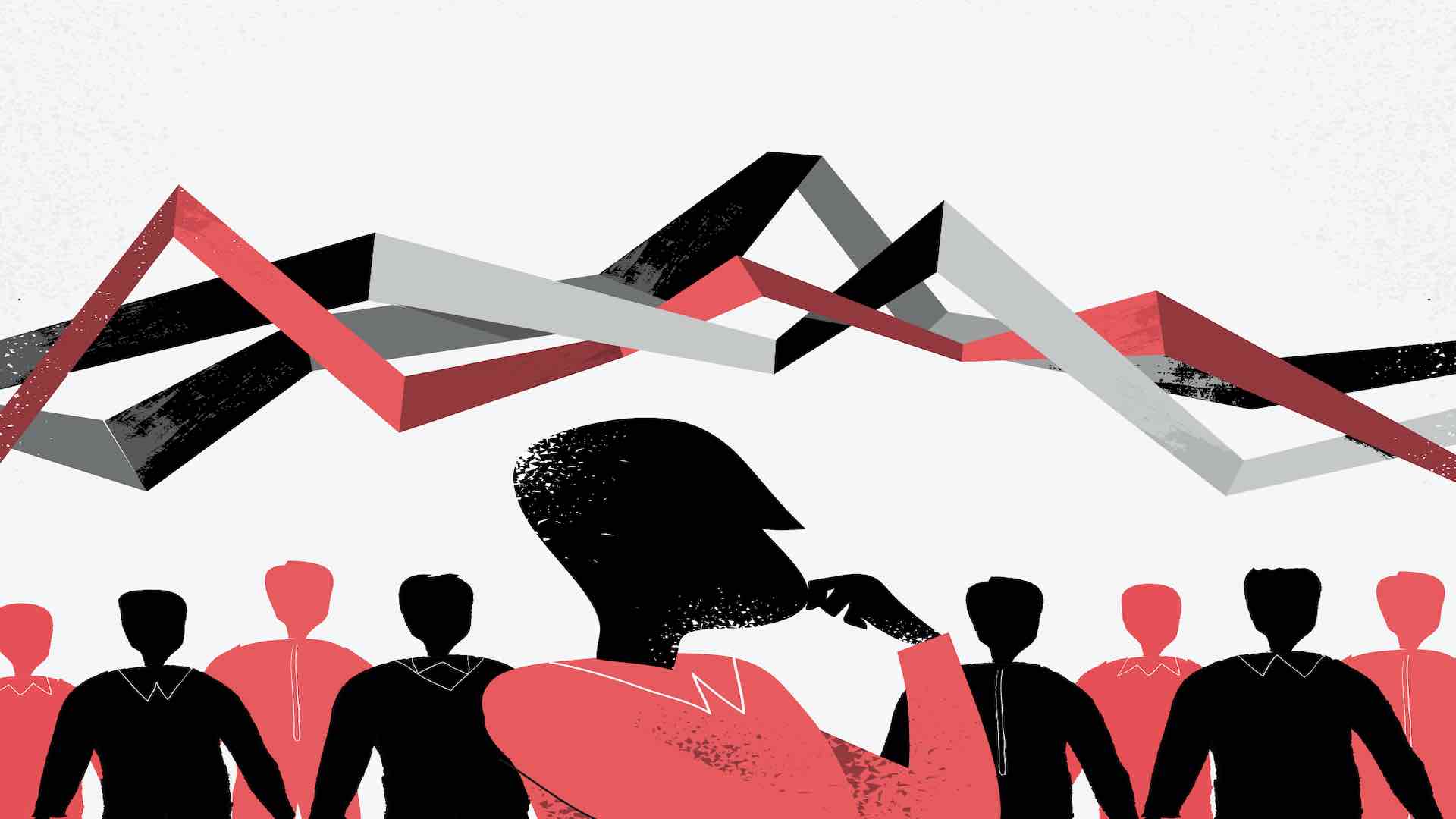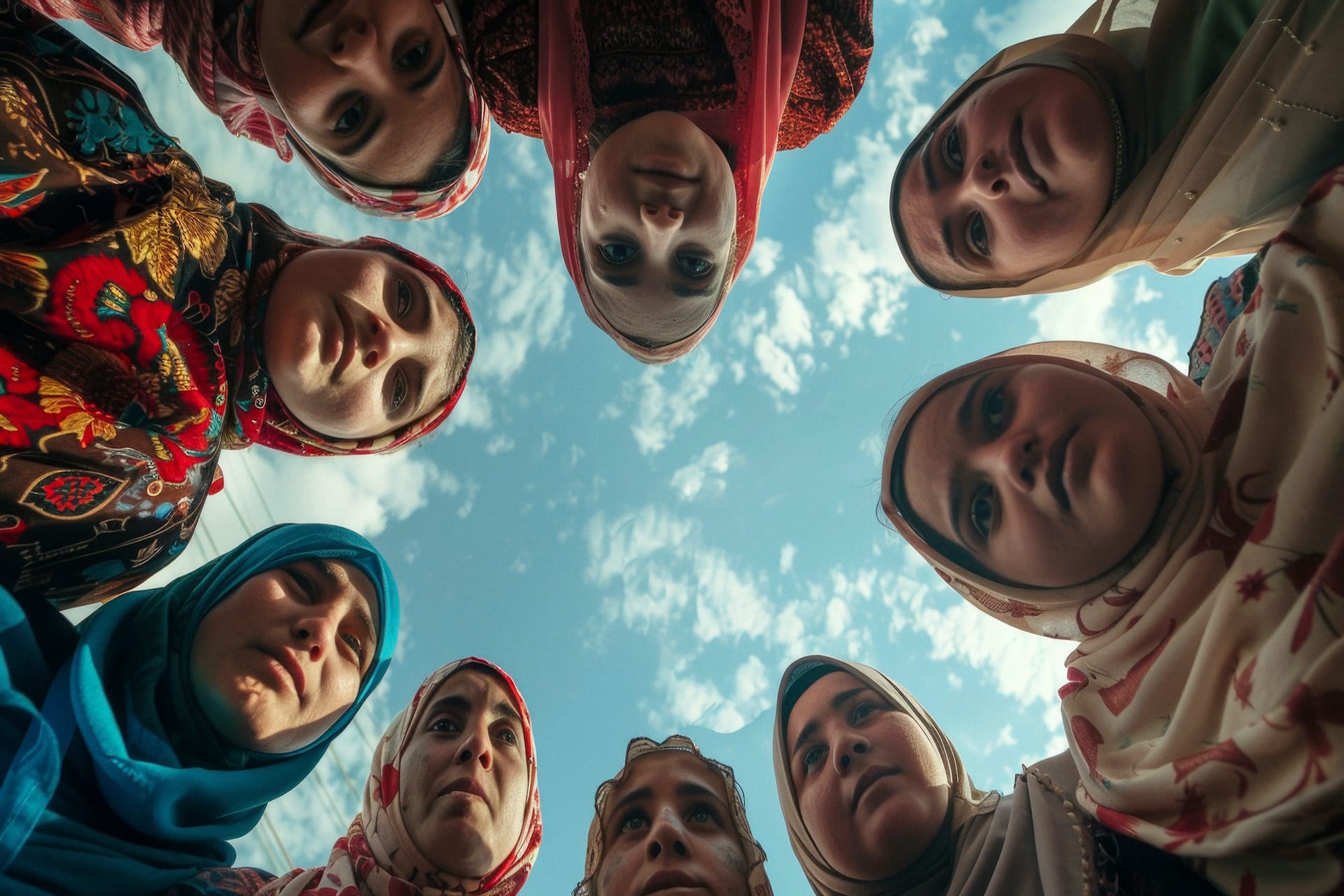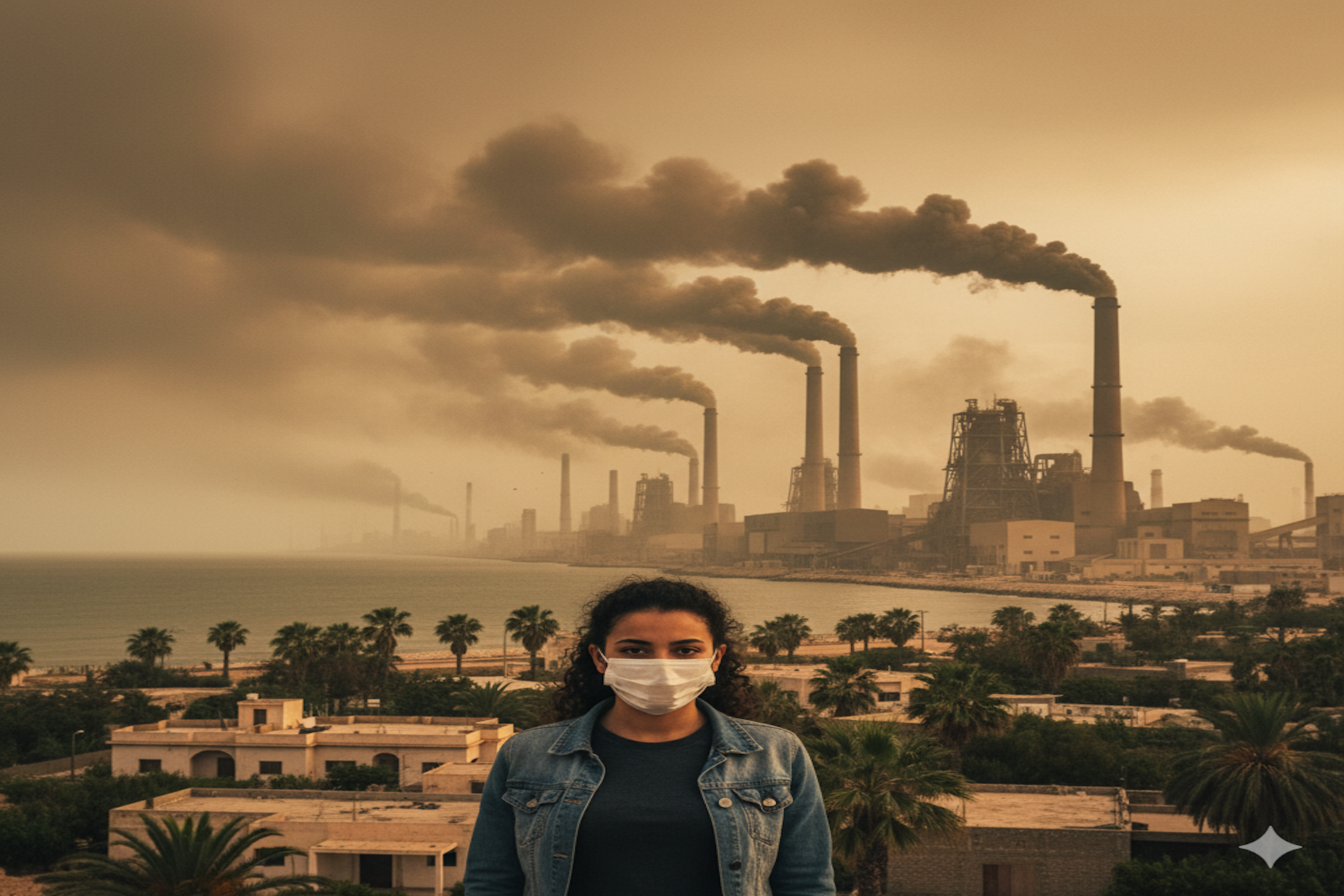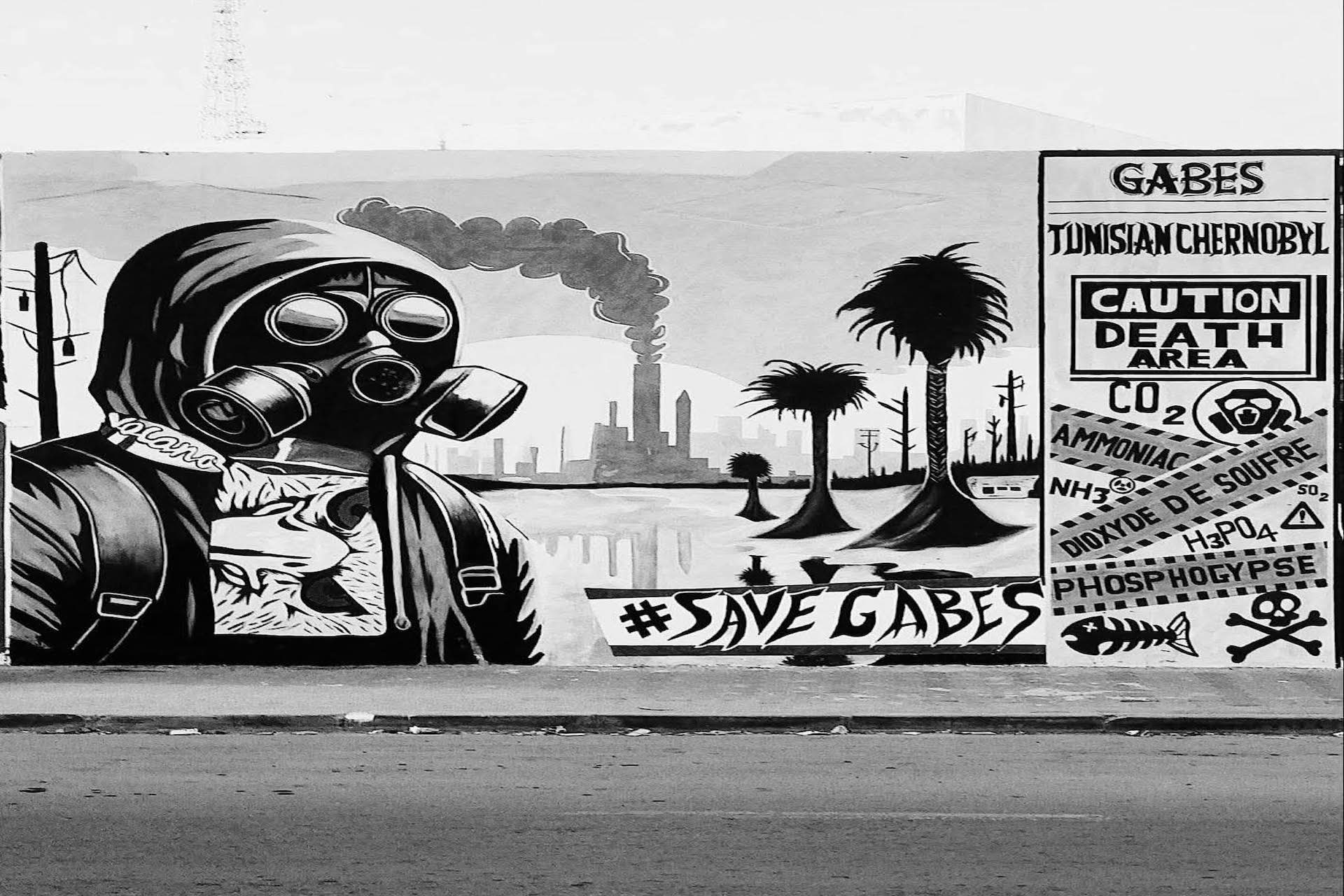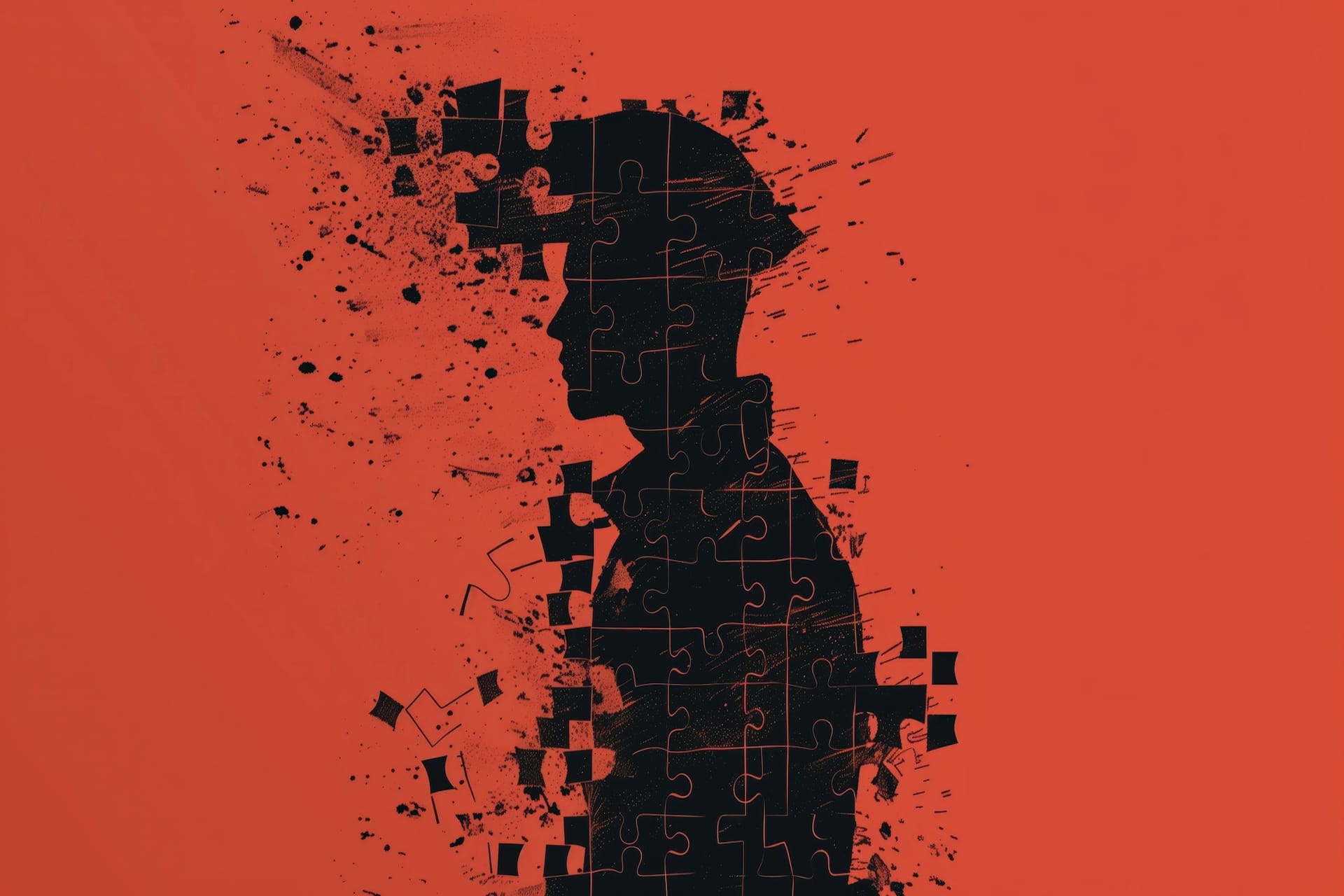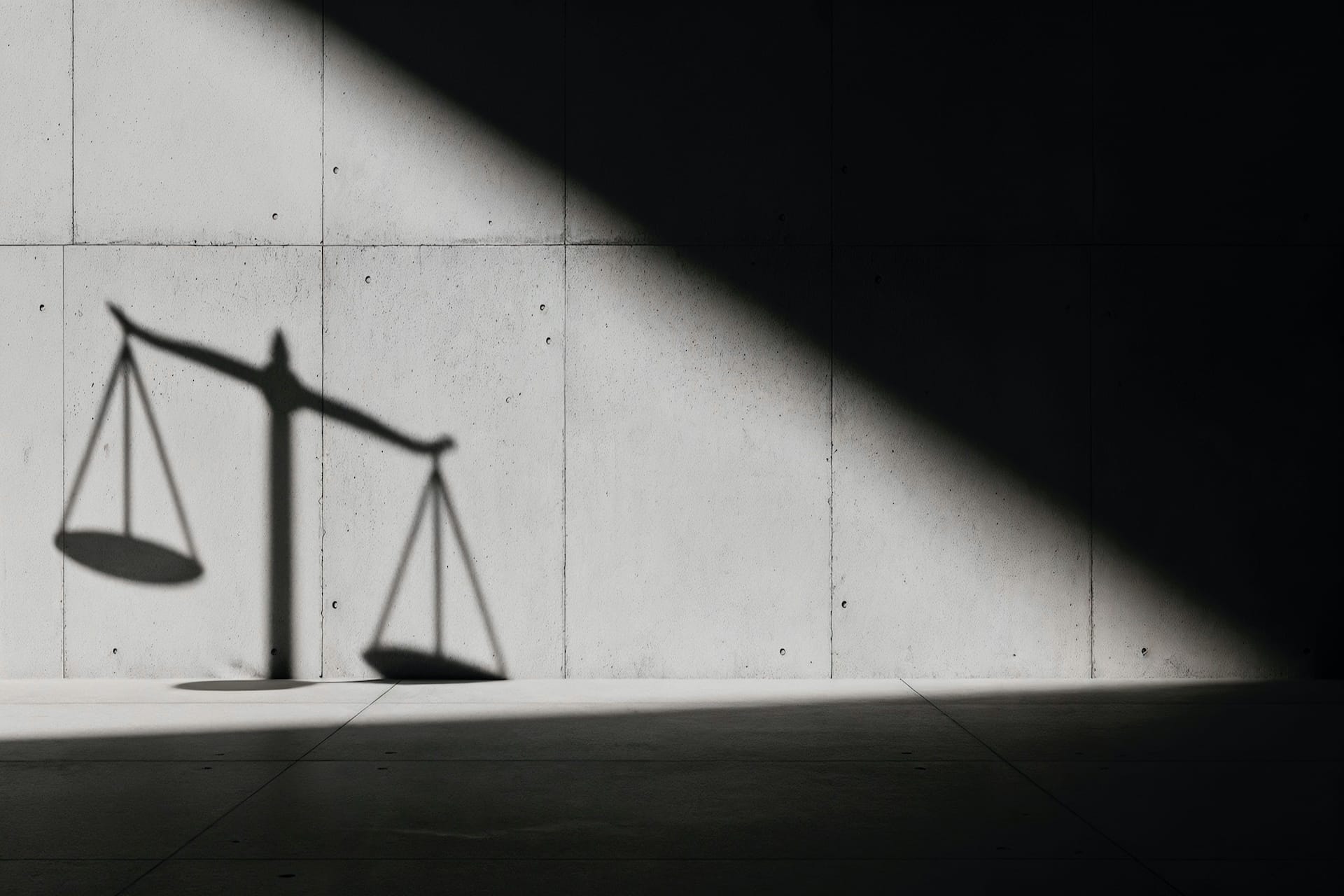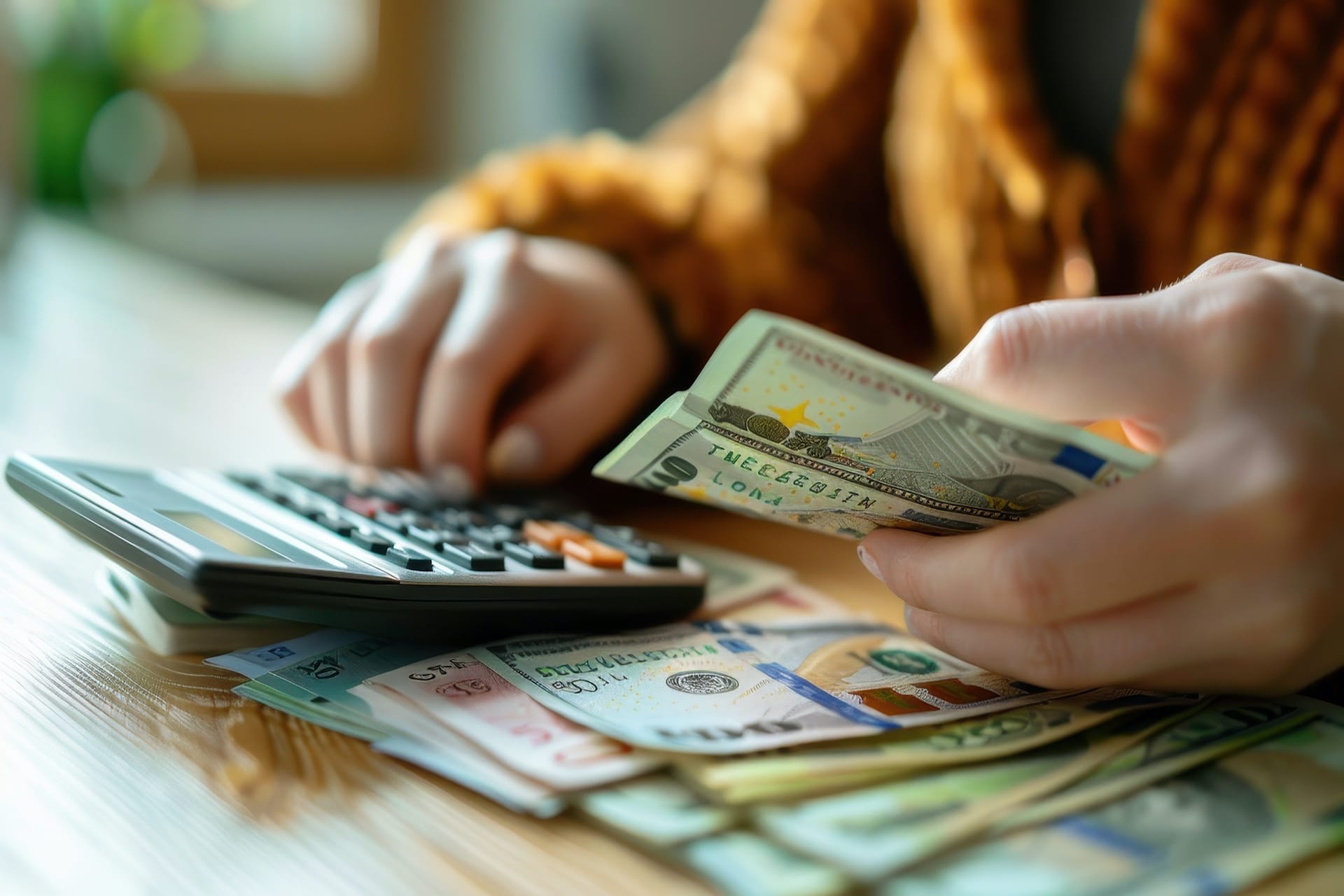When the European Commission announced that Meta and TikTok had violated the Digital Services Act (DSA), it sent shockwaves through the global tech industry. For many, this was just another headline about regulation. But behind the diplomatic language and political statements lies a story that could reshape the way social media operates—not just in Europe, but in regions like North Africa, including Tunisia.
This is not just about fines or legal frameworks. It’s about who controls the digital world, how platforms exploit users, and why nations like Tunisia should pay close attention to the ripple effects of Europe’s bold move.
Europe’s New Digital Weapon: The Digital Services Act
The Digital Services Act (DSA) is not just another EU regulation. It’s the most ambitious digital law ever enacted by the European Union—aimed squarely at Big Tech giants like TikTok, Meta, X (formerly Twitter), and YouTube.
At its core, the DSA demands transparency, accountability, and user protection. It forces major platforms to:
- Reveal how their algorithms work.
- Remove illegal or harmful content swiftly.
- Protect minors from exploitation.
- Provide researchers with access to platform data.
- Offer users clear ways to report abusive or illegal content.
When the European Commission reviewed TikTok and Meta’s compliance, the verdict was clear: both companies failed to meet these obligations.
TikTok was accused of weak protections for minors and opaque advertising systems. Meta—through Facebook and Instagram—was found to be non-compliant in allowing users to report illegal content easily and failing to provide transparency to researchers.
These findings have opened the door for potential fines of up to 6% of each company’s global annual turnover—a financial hit worth billions.
Why Europe’s Move Matters for the Rest of the World
At first glance, the DSA seems like an internal EU matter. But in today’s hyperconnected digital economy, European laws have global impact. When the EU enforces stricter content moderation or data transparency, tech companies rarely build separate versions of their platforms for each region. Instead, they adjust globally to avoid running multiple compliance systems.
That means the decisions made in Brussels can directly influence how TikTok operates in Tunis, Sfax, or Sousse.
This isn’t theoretical. When the EU introduced its General Data Protection Regulation (GDPR) in 2018, it reshaped privacy standards across the entire world. The same ripple effect is now starting with the Digital Services Act.
Tunisia’s Digital Ecosystem: A Mirror of Global Challenges
Tunisia’s TikTok scene is vibrant—but chaotic. It’s a space where creativity meets controversy, where legitimate creators coexist with scammers, exploiters, and digital predators.
On Tiktox Tunisia, we’ve exposed how some live-streamers manipulate gifting systems, exploit minors, and evade accountability. The absence of clear oversight has allowed a dark economy to thrive—one powered by virtual gifts, emotional manipulation, and financial deception.
Europe’s crackdown could signal the beginning of the end for such practices.
If TikTok is forced to increase transparency in how virtual gifts, coins, and payouts are managed, we might finally see the end of opaque financial systems that enable exploitation—especially across borders.
For Tunisia, where many streamers rely on TikTok as a source of income, these changes could redefine what it means to be a creator.
The Core of the Problem: Algorithmic Manipulation and Hidden Money
One of the DSA’s strongest demands is algorithmic transparency—forcing companies like TikTok to explain how content is recommended, promoted, or shadow-banned.
Why does that matter for Tunisia? Because algorithmic favoritism has created a breeding ground for abuse. Some users rise to fame not because of talent or authenticity, but because they exploit emotional or controversial content that the algorithm boosts for engagement.
Meanwhile, beneath the surface, TikTok’s gifting economy has become a shadow market for money transfers—something Tunisia’s financial regulators are only starting to understand. On our investigations, we’ve documented cases where live streams became informal remittance systems, bypassing traditional controls.
If TikTok is forced to disclose its financial and recommendation systems under European pressure, it could help expose cross-border digital money laundering—a problem that affects both EU and North African economies.
Protecting Children and Vulnerable Users
One of the central accusations against TikTok under the DSA is failing to protect minors. The European Commission argues that TikTok’s systems allow children to access or appear in inappropriate content, often without proper age verification.
Tunisia faces the same problem—perhaps worse. Young users are drawn into live-stream ecosystems where they face emotional, sexual, or financial exploitation. On Tiktox Tunisia’s protection reports, we’ve documented numerous examples of minors being targeted during live sessions, often under the guise of “support” or “digital gifting.”
If the EU succeeds in enforcing stronger child-protection mechanisms, TikTok might roll them out globally. That could mean automatic content filters, better reporting tools, and even restrictions on who can send or receive digital gifts—a major step toward cleaning up Tunisia’s live-stream space.
Legal and Financial Implications for Tunisia
The DSA’s influence may also push countries like Tunisia to review their own digital laws.
Currently, Tunisia lacks a comprehensive framework to regulate online content, influencer income, and platform accountability.
Existing laws were never designed for the world of digital donations, virtual currencies, and algorithm-driven exposure.
The EU’s example provides a roadmap. If Tunisian authorities align with DSA principles, they could demand:
- Transparency from platforms operating in Tunisia.
- Financial reporting of TikTok earnings for taxation purposes.
- Clear guidelines for online content moderation and user complaints.
Such measures would also strengthen Tunisia’s stance against online fraud, tax evasion, and child exploitation—themes central to our ongoing investigations under law and regulation reports.
Why Big Tech Is Pushing Back
Meta and TikTok have both responded cautiously to the EU’s accusations, claiming that they already comply with most of the DSA’s provisions. However, industry insiders know that resistance is part of the strategy.
By questioning the EU’s definitions and demanding “clarifications,” these companies buy time while they adapt—or lobby for softer interpretations.
But the European Commission is not backing down.
Officials have made it clear: the era of self-regulation is over. The days when social media platforms could hide behind vague community guidelines are ending.
This power struggle between regulators and tech giants is shaping a new global digital order—and Tunisia, as part of a connected world, will inevitably feel its effects.
The Coming Global Shift: One Internet, New Rules
Here’s what’s likely to happen next:
- TikTok and Meta will make global compliance updates to avoid multiple legal versions of their platforms.
- Advertising and content transparency will become standard across all markets.
- Creators and influencers in Tunisia will face new disclosure rules for paid partnerships and virtual earnings.
- Authorities in North Africa may start mirroring EU digital frameworks to maintain cooperation and data flow agreements.
For Tunisian users, this could mean a cleaner, safer, more accountable TikTok experience—but also new scrutiny for those abusing the system.
The Broader Picture: Digital Sovereignty
Europe’s move is about more than content moderation. It’s about digital sovereignty—reclaiming control over online spaces from multinational corporations.
This idea is gaining traction globally, including in Africa, where governments are beginning to ask: Who governs the digital world? Who profits from it? And who protects its users?
Tunisia stands at a crossroads. It can either follow Europe’s lead and build a safer digital future—or remain a playground for unregulated algorithms and digital exploitation.
The Bottom Line
The EU’s decision to confront TikTok and Meta under the Digital Services Act is not an isolated event. It’s part of a global awakening—a realization that online freedom without accountability breeds exploitation.
For Tunisia, this is both a warning and an opportunity.
If platforms are forced to reveal how they operate, how money flows, and how minors are protected, the ripple effect could clean up much of the digital toxicity that Tiktox Tunisia has been exposing for years.
The question is not whether these changes will come—but whether Tunisia will be ready to adapt when they do.




